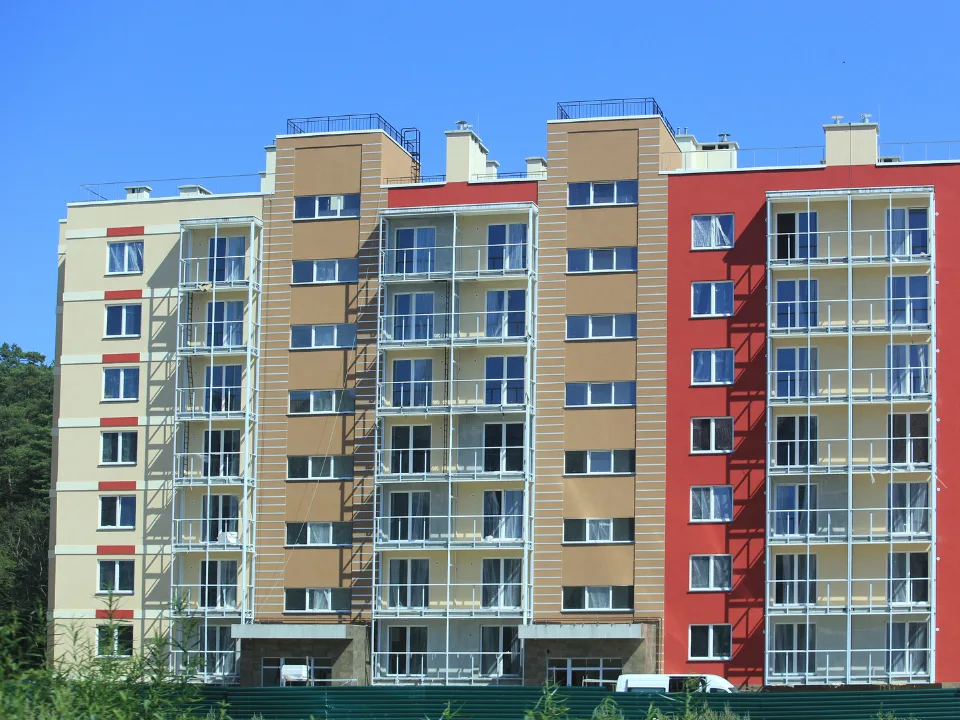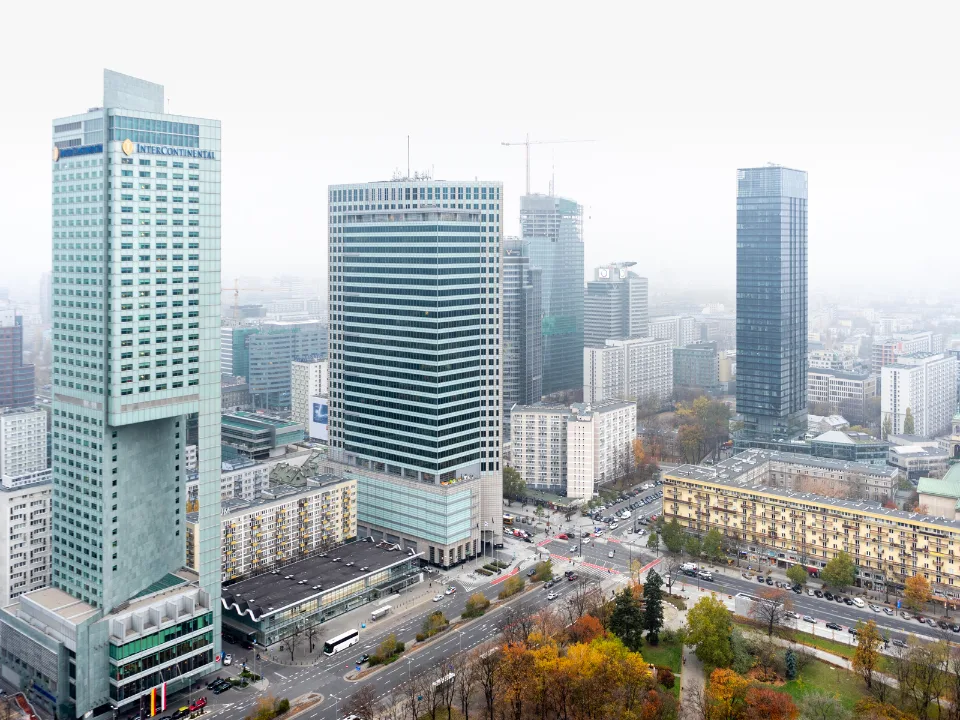- Blackstone’s Q1 real estate realizations fell 65% year-over-year to $4.3B, contributing to a 25% drop in distributable earnings from the previous quarter.
- Trade tensions and uncertainty around tariffs dampened market activity, with President Jon Gray suggesting a swift resolution could help rebound dealmaking.
- Despite the slowdown, Blackstone raised $62B in capital across all lines, the most in nearly three years, and ended the quarter with $177B in dry powder.
- Real estate investment returns lagged, with opportunistic assets down 3.7% year-over-year and core-plus up just 0.1% since March 2024.
Deal Flow Down, Trade Fears Up
Blackstone’s real estate arm took a Q1 2025 hit as Trump’s trade war chilled deal activity, per Bisnow. Realizations fell to $4.3B, down 65% YoY, pulling distributable earnings —and overall Blackstone profits— down 25% from the previous quarter.
President Jon Gray emphasized that a resolution to the trade dispute could help revive the market: “Faster resolution of the tariff diplomacy will lead to better outcomes for the real economy and markets,” he told Bloomberg.
Finding Opportunity In the Fog
Still, Blackstone deployed $36B in real estate and raised $62B firmwide—its strongest quarterly inflow since 2022. With $177B in dry powder, Gray noted the firm is eyeing discounted opportunities in the market chaos: “When prices reset lower we think of that as an opportunity.”
Get Smarter about what matters in CRE
Stay ahead of trends in commercial real estate with CRE Daily – the free newsletter delivering everything you need to start your day in just 5-minutes
Real Estate Takes The Back Seat
While Blackstone’s broader business lines continued to perform, real estate lagged in both capital inflows and returns, weighing on overall profits. The sector brought in just $6.1B in new capital, and its returns were muted:
- Opportunistic real estate investments rose just 0.2% in Q1 but are down 3.7% year-over-year.
- Core-plus assets rose 1.2% for the quarter, but gains since March 2024 were a slim 0.1%.
CEO Stephen Schwarzman noted a potential upside: tariffs may curb new construction and bolster existing property values. “Tariff effects are likely to drive up construction costs and further reduce new supply, which is supportive for real estate values absent recessionary conditions,” he said.
What’s Next
Despite the cautious tone around real estate, Blackstone remains well-positioned. Blackstone’s AUM hit $1.2T in March, with leadership expecting real estate interest to rebound as markets stabilize.
Gray summed up the outlook with tempered optimism: “As this recovery begins to take hold, I think you’ll see the capital flow back.”















